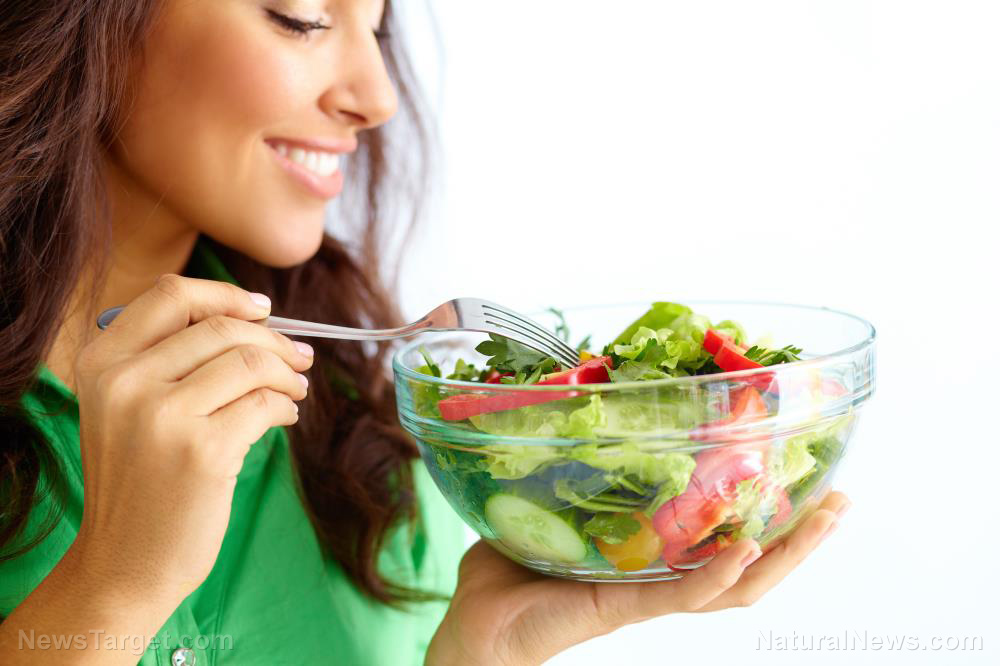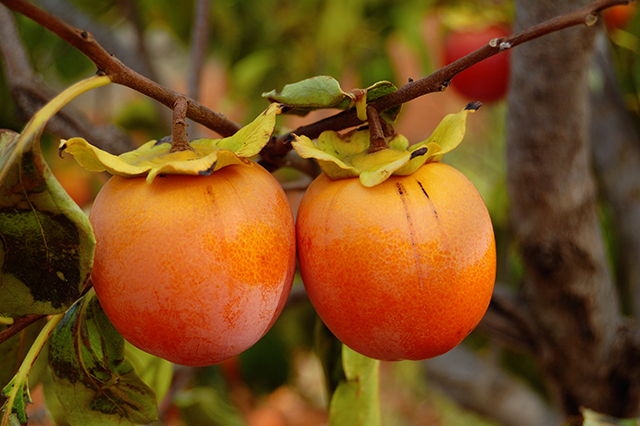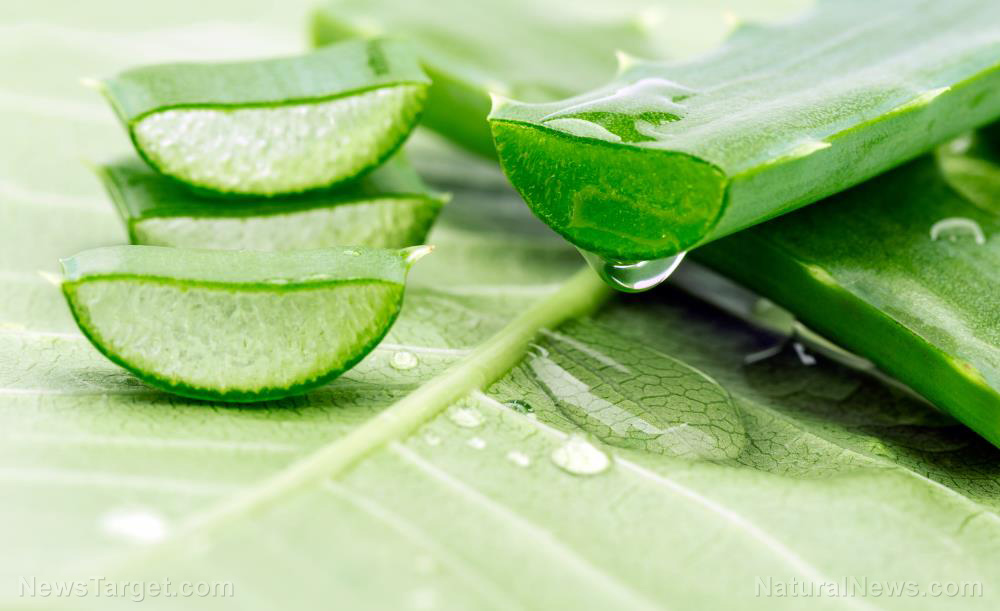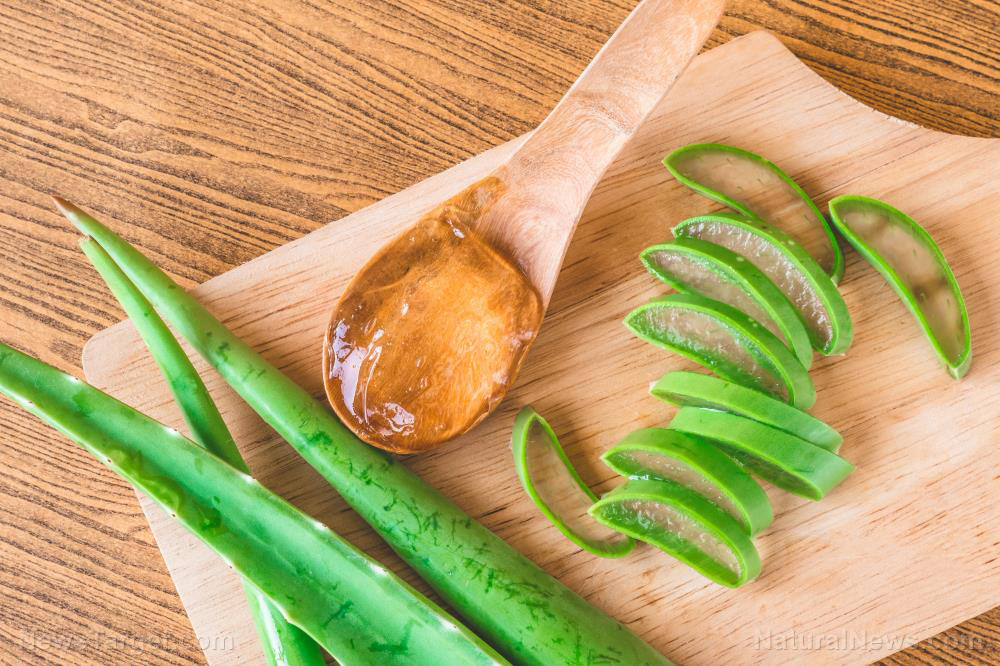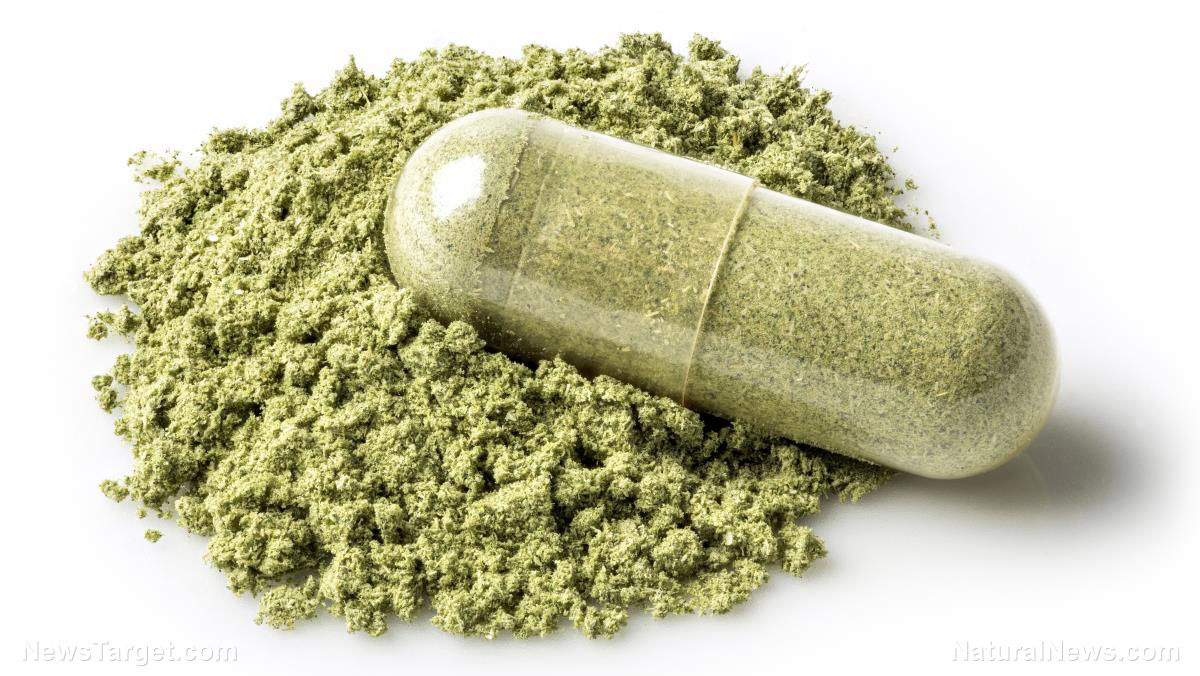Try these brain-boosting foods rich in vitamin B12
05/15/2018 / By Janine Acero
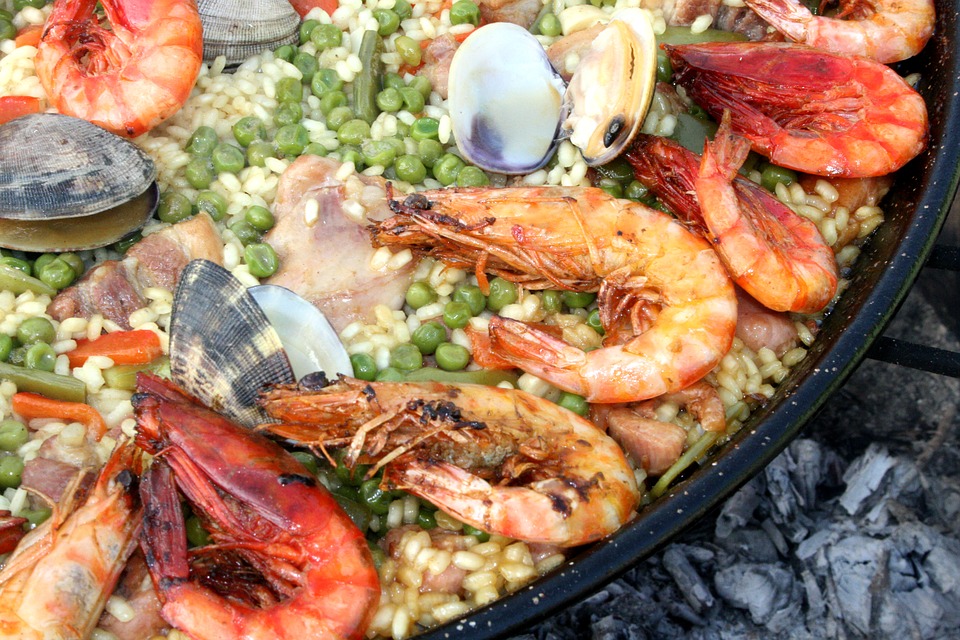
Among the plethora of vitamins and minerals and other essential nutrients, vitamin B12 is said to be the ultimate brain booster. It is vital for red blood cell formation, nerve function, and DNA synthesis.
According to Jaclyn London, the nutrition director at the Good Housekeeping Institute, a deficiency in vitamin B12 is associated with age-related cognitive decline and impaired nerve function, which is why getting enough vitamin B12 is crucial as we age.
What is vitamin B12?
Vitamin B12 is a water-soluble vitamin that is naturally present in some foods, but it can also be added to others. It is also available as a dietary supplement and a prescription medication. Vitamin B12 contains the mineral cobalt, so compounds with vitamin B12 activity are collectively called “cobalamins.” Methylcobalamin and 5-deoxyadenosylcobalamin are the forms of vitamin B12 that are active in human metabolism.
The recommended daily allowance (RDA) of vitamin B12 depends on a person’s age:
- Adults and teenagers need 2.4 micrograms per day
- Children between nine and 13 years old need 1.8 micrograms per day
- Children between four and eight years old need 1.2 micrograms per day
- Toddlers between one and three years old need 0.9 micrograms per day
Infants between seven and 12 months old require 0.5 ?g of vitamin B12 per day, while babies less than six months old only need 0.4 micrograms. Pregnant women require 2.6 micrograms while breastfeeding women need 2.8 micrograms per day.
Fortunately, vitamin B12 can be found in various food groups. “You can think of it as being in all animal products and some fortified grain and bean products,” said London. Fuel your brain with some of the best brain-boosting foods below. (Related: Vitamin B12 – A rare deficiency unless you’re vegan.)
Crustaceans
- Crabs – Three ounces of crab is equivalent to 9.8 micrograms of vitamin B12.
- Shrimp – Shrimp contains about 80 percent of the RDA of vitamin B12. It’s also a great source of lean protein and choline, which is linked to brain and heart health.
Cheeses
- Cottage cheese – Cottage cheese is a good source of vitamin B12, and also has a healthy amount of calories and protein.
- Swiss cheese – Swiss cheese contains higher amounts of vitamin B12 than other cheese, providing about 14 percent of the RDA per ounce.
Fish
- Herring – These small fish contain 3.6 micrograms of vitamin B12 in every three ounces.
- Salmon – Half a filet of salmon has 9 micrograms of vitamin B12.
- Sardines – A serving of sardines contains nearly 20 percent of the RDA of vitamin B12. In addition, they are rich in lean protein and docosahexaenoic acid (DHA), which is crucial for fetal brain development (in utero) and cognitive and eye health in adults.
- Trout – A salmon relative, trout has 4.2 micrograms of vitamin B12 in every three ounces.
- Tuna – This fish is known to contain brain-boosting omega-3 fatty acids, protein, as well as vitamin B12.
Poultry
- Chicken – Chicken contains 13.7 micrograms of vitamin B12 per cup.
- Turkey – Turkeys are packed with 48.2 micrograms of vitamin B12 per cup.
Shellfish
- Clams – Three ounces of clams provide plenty of vitamin B12, as well as iron and potassium.
- Mussels – Just three ounces of mussels deliver up to 340 percent of the RDA of vitamin B12, among other nutrients.
- Oysters – Three ounces of oysters contain 10.2 milligrams of iron and vitamin B12.
Other good sources of vitamin B12 include:
- Beef – Steak is a great source of vitamin B12, but make sure to choose the leaner and local, grass-fed kind.
- Eggs – Eggs are a great source of vitamin B12, and are good options for vegetarians for their daily B12 intake.
- Milk – One cup of milk offers nearly 20 percent of the RDA of vitamin B12.
- Fortified cereals – Some cereals of the whole-grain oats or bran variety may be fortified with vitamin B12, and can provide about 30 percent of the RDA in just one serving.
For vegetarians looking to increase their vitamin B12 intake, there are a variety of additional options, including:
- Fortified plant-based milk
- Nutritional yeast
- Yogurt
For more on other essential nutrients for the brain, visit Nutrients.news.
Sources include:
Tagged Under: age-related cognitive decline, beef, brain booster, brain food, brain function, brain health, cheese, crabs, eggs, fatty fish, fortified cereals, good food, longevity, milk, mind body science, nerve function, nutrients, Poultry, prevention, recommended daily allowance, seafood, shellfish, shrimp, vitamin B12, vitamin b12 deficiency, vitamin B12 intake, vitamin deficiency, whole grains

